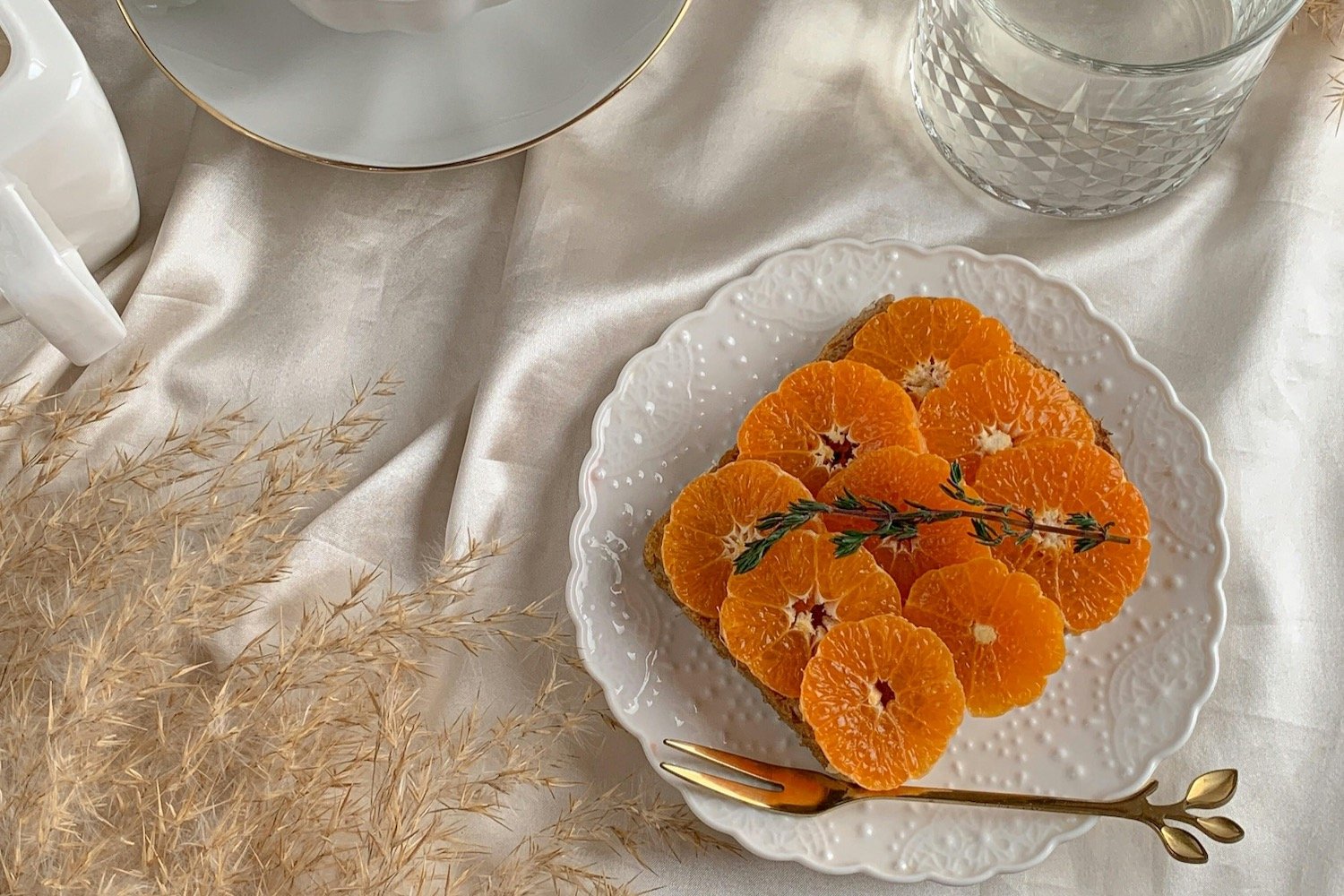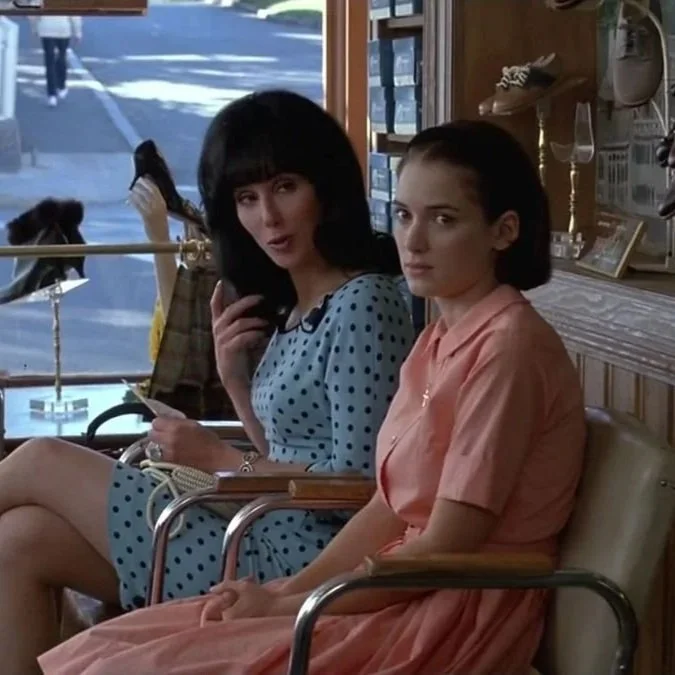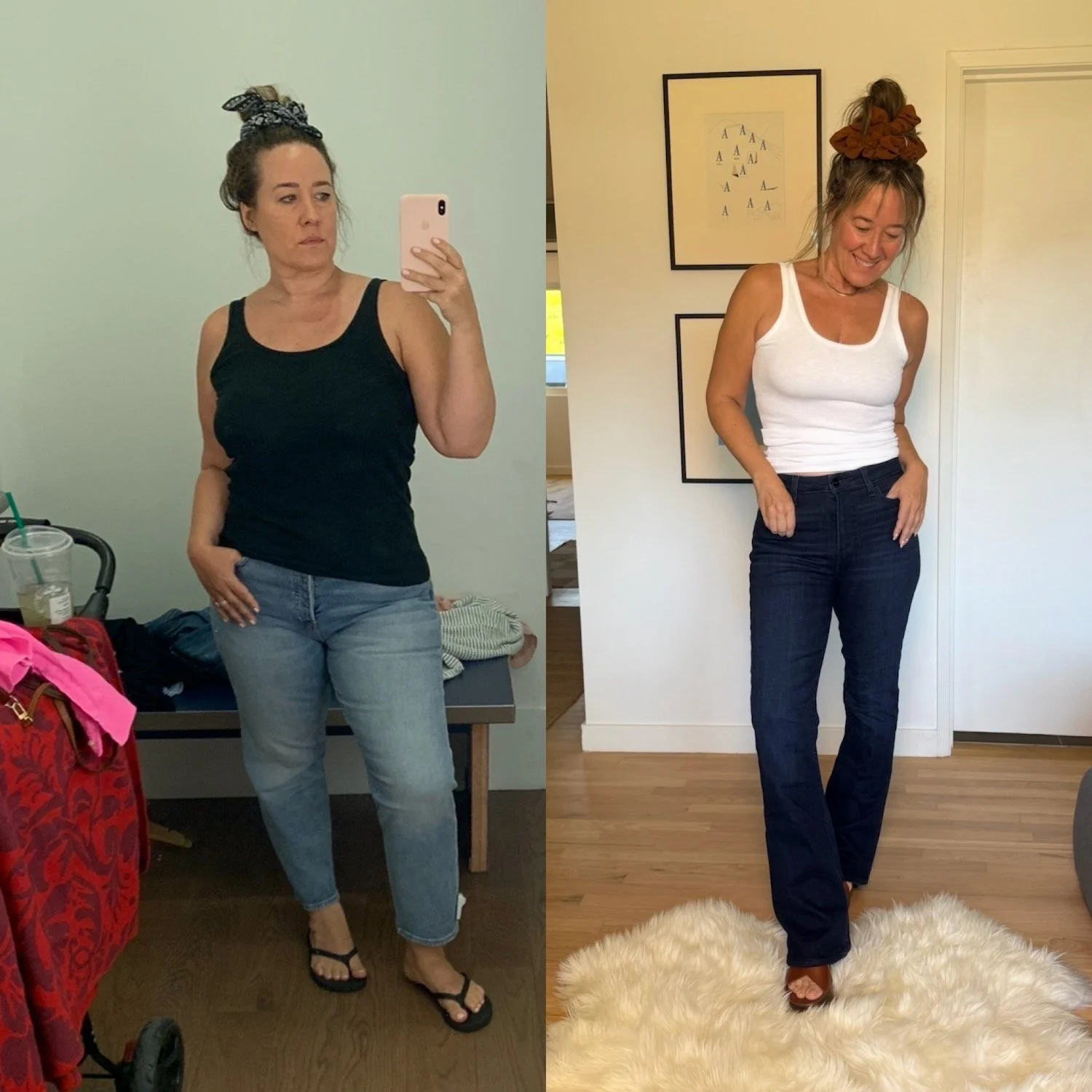This Overlooked, Remarkably Easy Thing Could Slow Down Aging And Reduce Your Risk Of Early Death And Disease
by The Candidly Team
We all know this one. It’s something most of us try to do everyday. But apparently almost half of us in the U.S. are falling short. Ok, here’s what it is.
It’s hydrating.
We’re all very well aware that we’re supposed to be drinking water. To the point that we’re bored by the statement. To the point where a literal container known as the “quencher” helped its parent company rake in $750 million in a year.
From Saturday Night Live | NBC
But do we really know the extent of why we’re supposed to be drinking all this water? We didn’t. That is until this startling 2023 study came out. Here’s what it found.
Well-hydrated people seem to live longer, healthier lives in which they have fewer chronic conditions and diseases (including heart and lung disease), and a lower biological age.
The flip side we don’t have to tell you is that failing to hydrate properly might increase our chances of premature death, accelerate our biological age, and boost risk of all those aforementioned, scary things.
Why is that?
Well, a lot of this could have to do with blood sodium. “Decreased body water content is the most common factor that increases serum sodium, which is why the results suggest that staying well hydrated may slow down the aging process and prevent or delay chronic disease,” said study author Natalia Dmitrieva, Ph.D.
Ok, so why do we need all this water?
Our entire system runs on water so to speak. It makes up around 60% of our bodies, helps with all its functions, carries nutrients to cells, rids us of toxins and wastes, protects our organs and joints, and regulates our body temperature. So there’s that.
And to very quickly break it down in more detail, here are all the benefits of consuming water according to The Cleveland Clinic:
Aids digestion
Gets rid of waste
Lubricates joints
Makes the saliva we need in order to eat food
Balances chemicals in our body
Helps our brain make hormones and neurotransmitters
Carries oxygen all over the body
Cushions your bones
Regulates your body temperature
Acts as a shock absorber for your brain and spinal cord
Keeps your body from overheating
Maintains sodium balance
Helps prevent UTIs
How can we tell if we’re dehydrated?
For starters, that thing people say about if you feel thirsty, you’re already dehydrated. That’s true:
Other symptoms of dehydration include:
Having dark yellow, strong-smelling urine (pee should be clear and pale in color)
Peeing less often
Dizziness, weakness, or lightheadness
Headache
Feeling tired
Having trouble focusing
Having a dry mouth, tongue, lips, or eyes
Sunken eyes or dark circles under eyes
Constipation
Tiredness (fatigue).
Craving sugar
Skin looking red and flushed
Feet swelling
Cramping muscles
Feeling chilled
How much water do I need?
We’ve all heard the 8 cups a day advice. But according to Harvard Health, there's actually “no one-size-fits-all answer" to how much water you should drink. It really depends on the individual, and it’s actually a good idea to ask your doctor what’s right for you personally to shoot for.
Unsurprisingly, your number will be based on things like height, weight, sex, activity level, climate you live in, and medical conditions. For example, people with diabetes, heart disease, cystic fibrosis or kidney failure, or other conditions may need to be careful about how much water they consume.
All that said, the Mayo Clinic calls 8 glasses a day “easy to remember'“ and “a reasonable goal.”
The U.S. National Academies of Sciences, Engineering, and Medicine also determined that an adequate amount of daily fluids is 15.5 cups a day for men and 11.5 cups a day for women. However, this includes all the water we get from other foods, fruits, veggies, and beverages, all which can certainly help boost your overall number. Because around 20% of our daily fluids tends to come from food, if we do the math, that leaves about 9 cups of fluid a day for adult women to drink.
Ok, so how the hell do we actually do it?
Compared to exercise and eating healthy, drinking water sounds so low-key and easy. So why, why, why is it SO easy to overlook and deprioritize? Whatever the reason, we all just need to carve our little path to making it habitual. And since we all have vastly different ways of building habits, here are 6 things that can be hugely helpful. At least they have to us.
Drink a couple glasses right when you wake up before you have time to think. It can become like brushing your teeth.
Buy the big jug people make fun of. Our Editor-in-Chief uses THIS one. It seemingly would stay cold for centuries, and just having it around makes us sip, sip, sip. Or if you’re someone who loves to track your progress and check boxes off a to do list, try THIS.
If you’re a reminder junkie, there’s this lovely app that gently lets you know when to drink.
Drink before and after a meal. This will also help you to not confuse thirst with hunger.
We use THIS incredibly delicious, easy hack (can you call it a recipe? It’s literally just two ingredients and takes seconds), but it makes us drink 3X more water without feeling like we’re drinking water.
Obviously be sure to have water when you workout (before, after, and during).
And if, in general, you hate the taste or lack of taste of water, try supplementing with one of THESE refreshing substitutes.
Eat more fresh fruits and veggies: watermelon, cucumber, strawberries, tomatoes, peaches, oranges, celery, lettuce, zucchini, bell peppers, and radishes all have a lot of water in particular.
Do as we do not as we say. We personally started to increase our water intake dramatically using THIS exact system.
Take a few last sips before bed. Yes, you may have to get up to pee, but hey, if you’re in perimenopause you’re probably already doing that.
Point is, little bits here and there add up to great health rewards. And we didn’t want to say it before when we were talking heavy things like literal life and death and biological age BUT your skin will also look amazing. Whaaaat? We need short-term rewards, don’t we?
This article is for informational purposes only. It is not intended to be used in place of professional advice, medical treatment, or professional care in any way. This article is not intended to be and should not be a substitute for professional care, advice or treatment. Please consult with your physician or healthcare provider before changing any health regimen. This article is not intended to diagnose, treat, or prevent disease of any kind. Read our Terms & Conditions and Privacy Policy.









